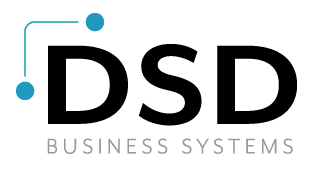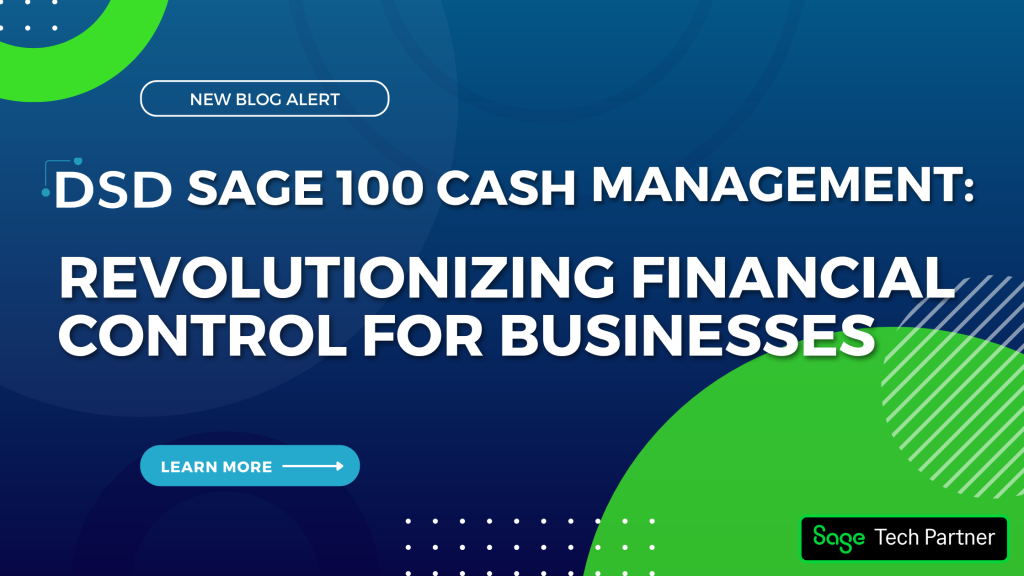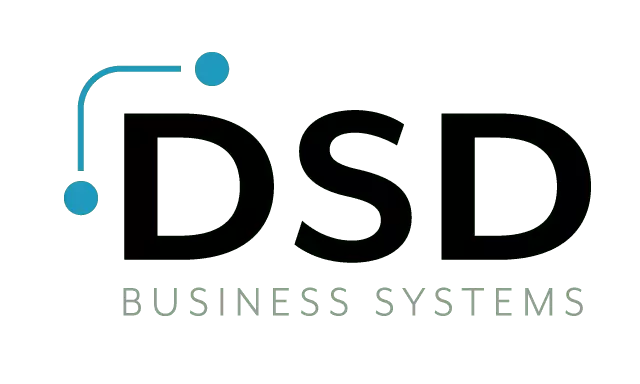6 Signs You’ve Outgrown Financial Spreadsheets

Business financial leaders, such as chief financial officers and the teams who report to them, are growing increasingly responsible for providing valuable financial insights that support the overall decision-making process. We’ve compiled a few indicators that should let finance professionals know when their companies have outgrown financial spreadsheets.
1. Increasingly Complex Metrics
As your company grows, the financial data you rely on daily is going to grow with it—as will its complexity. Simple Excel spreadsheets are fantastic tools for basic finance tracking and calculation, but they don’t offer much in terms of long-term forecasting that accurately portrays vital metrics.
When the time to upgrade comes, Enterprise Resource Planning (ERP) will become nothing short of a must-have for your company. You’re not only going to have more-complex figures to manage, but you’re also going to have more of them. Spreadsheets simply don’t offer the same flexibility, accuracy, and range of capability that a solid ERP system does.
2. Forecasting
Finance and resource management is far more than simple budgeting. As a financial leader of your organization, your department is responsible for providing reliable forecasting. While spreadsheets can offer a quick, easy-to-use format for tracking budget details, expenses, and inventory, your organization will eventually need to brace for the financial months and years ahead. You can tailor spreadsheets to a dizzying degree, but they simply require far too much of a time investment to be viable tools.
3. Accuracy
As your company grows, your financial metrics are going to become increasingly more complex. Spreadsheets offer numerous formulas and calculations, but they can only do so much without a great deal of hands-on time investment. If your company is growing to this point, it’s likely that you could better apply your skills as a financial professional elsewhere instead of tracking dated spreadsheets. Reliable financial software automates a great deal of your organization’s financial data-tracking, but it also provides a great return on investment by freeing you up to be a more valuable asset to your company.
Additionally, you’ll sometimes be asked to produce reports that are impossible to compose through a spreadsheet. Financial software will be a valuable ally in these situations. Most reliable ERP systems can compile customized reports tailored to your company’s specific needs.
4. Influence
Financial leaders of the modern business world are much more than numbers-crunchers: they’re a necessary and valued part of the overall decision-making process for the entire company. Your organization’s leadership will be looking to you to create valuable financial analyses, and attempting to create them with spreadsheets eventually won’t be viable (or even possible).
If you want to retain a place at the decision-making table, you need to be able to display your company’s financial data and forecasting analyses in an accurate, digestible format. ERP software can help you achieve this to a much more detailed and precise degree than spreadsheets.
5. Compliance
Many companies face increasing regulatory demands as they expand. As your company’s obligations increase, so must your capability to meet them effectively. Spreadsheets can quickly fall victim to user error, and one missed keystroke could potentially mean the difference between meeting and failing compliance requirements.
6. Maximizing ROI
Investing in financial software frees up far more time to analyze report results instead of dedicating work hours to producing those reports through spreadsheets. Your business relies on you to provide financial insights that protect and expand the company, and you can’t do that if your bookkeeping system is hamstringing you. Financial software can extrapolate and track essential data without you having to plug in numbers manually.
As your company grows, simple spreadsheets aren’t going to be able to keep pace with your growth—you’re going to need to investigate what financial software can do for your organization.

Written by Thomas Johnson, Sr. Director Sales at DSD Business Systems

















